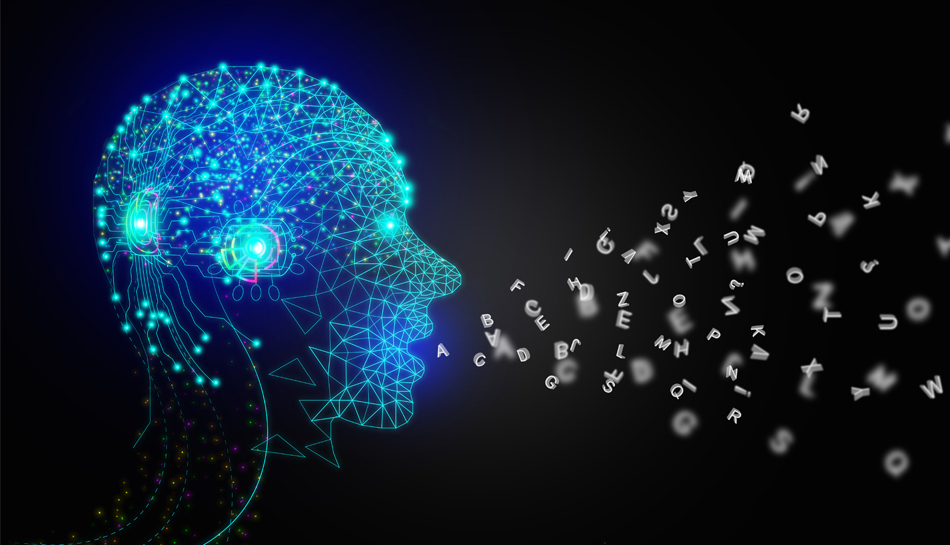Exploring the Impact of Artificial Intelligence on Different Industries
Welcome to the future! Artificial intelligence (AI) is no longer just a concept portrayed in sci-fi movies; it has become an integral part of our daily lives. From voice assistants like Siri and Alexa to self-driving cars, AI technology is transforming various industries at an unprecedented pace. In this blog post, we will dive deep into the world of AI and explore its impact on different sectors such as healthcare, finance, manufacturing, and more. Join us on this exciting journey as we unravel the potential of AI and how it is revolutionizing our world one industry at a time.
What is Artificial Intelligence?
Artificial intelligence (AI) has been around for years, but its impact on different industries is just now being explored. Here are four ways AI is changing the way we live and work.
1. Healthcare: AI is helping to improve healthcare by automating tasks such as diagnosis and treatment recommendations. This can save time and money for patients and doctors alike.
2. Retail: AI is helping retailers optimize their inventory and track customer behavior in order to improve sales performances. This can help them identify which products to stock and how best to sell them to customers.
3. Manufacturing: AI is helping manufacturers automate processes including product design, manufacturing planning, quality control, and logistics management. This can lead to increased efficiency and lower costs for companies of all sizes.
4. Transportation: AI is playing an important role in transportation systems by helping drivers avoid traffic congestion, plan routes more efficiently, and monitor traffic conditions in real time. This can help reduce the number of accidents on roads and highways
Types of Artificial Intelligence
There are a variety of artificial intelligence (AI) technologies available, each with its own strengths and weaknesses. Some AI technologies are best suited for specific tasks, such as recognizing text or images, while others are more general and can be used to perform a variety of tasks.
Some common types of AI technology include machine learning, natural language processing, computer vision, and deep learning. Machine learning is a type of AI that allows computers to learn from data without being explicitly programmed. Natural language processing is the ability for machines to understand human language. Computer vision is the process of understanding the content of images. Deep learning is a type of AI that uses multiple layers of neurons in order to make complex decisions.
How is Artificial Intelligence Used?
Artificial intelligence is being used in a variety of industries, from retail to healthcare. Here are three examples of how AI is impacting those industries:
1. Retail: Retailers are using artificial intelligence to predict consumer behavior and recommend products accordingly. This technology can also help retailers identify and prevent fraud.
2. Healthcare: Medical professionals are using artificial intelligence to improve diagnosis and treatment. For example, AI can identify patterns in patient data that may indicate an illness before a doctor does.
3. Transportation: Transportation companies are using artificial intelligence to optimize routes and forecast traffic congestion. This information helps drivers make better choices about where to go and when to leave for their destinations.
Impact of Artificial Intelligence on Different Industries
Artificial intelligence (AI) is a rapidly-growing technology that has the potential to profoundly impact different industries. Some of the most obvious examples are in Healthcare, where AI could help doctors diagnose illnesses more accurately and recommend treatments more efficiently, and in Manufacturing, where AI can automate tasks and increase efficiency. However, there are many other industries that could see significant impacts from AI, including Retail, Legal Services, and Finance.
The retail industry is one of the earliest adopters of AI technology. This is because it is widely considered to be one of the most difficult Industries to automate. One reason for this is that retail employees must be highly skilled in customer service and product knowledge. However, as AI becomes more sophisticated, it will become easier to automate aspects of retail operations. For example, some retailers are using AI to suggest products to customers based on their buying history or preferences. In the legal industry, artificial intelligence is being used to assist with legal research. For example, a law firm might use an AI system to scan thousands of legal documents for keywords related to a particular case. This would save the firm time and money by eliminating the need for lawyers to manually search for relevant information.
The finance industry is another area where artificial intelligence has had a significant impact so far. This is because AI can help analysts identify trends in data more quickly and make better predictions about future events. Furthermore, AI can automate certain financial processes such as stock analysis or loan evaluation. AI can
Conclusion
As artificial intelligence continues to evolve, it is inevitable that its impact will be felt across a range of industries. In this article, we have explored the potential impacts of artificial intelligence on the food industry and how this technology is revolutionizing the way we eat. We have also looked at how AI is impacting health care and what implications it might have for our future. As AI continues to develop, there are bound to be even more significant changes across different sectors of our economy. So if you’re curious about how AI is changing your industry, read on!
